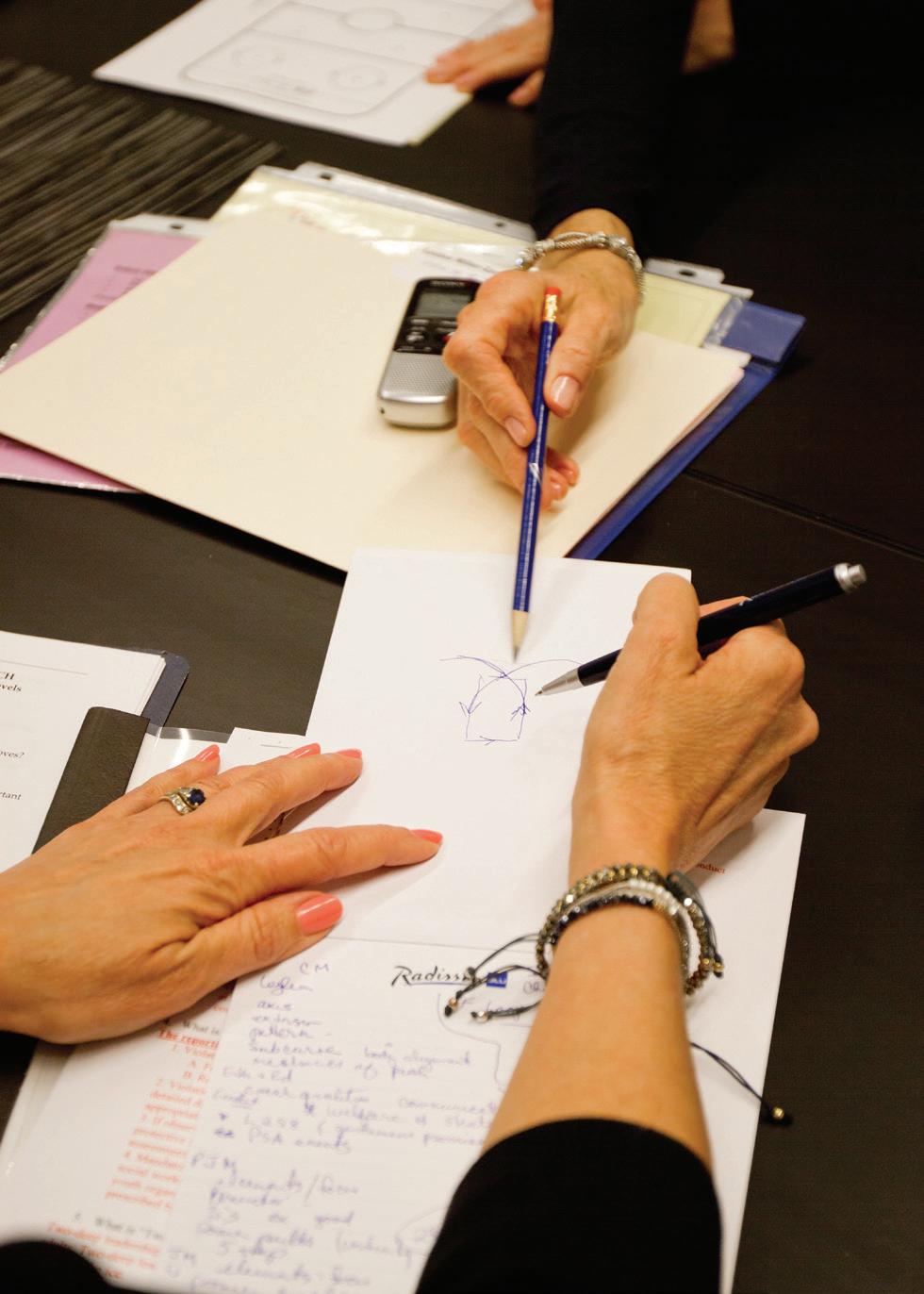
2 minute read
Best Business Practices
Professional Standards
Advertisement
BY KELLEY MORRIS ADAIR MM, MDFD, RFF
Being a PSA member holds every coach to an exceptional ethical and professional standard. A PSA member should strive to generate positive images and public relations for the sake of the athletes, our profession, sport organizations they are involved with, and the entire skating community. Coaches are faced with ethical, professional, and moral dilemmas throughout their coaching careers and it is often speculated what criteria is used when making these decisions. What moral foundations do you employ to reach resolution and subsequently act on those choices?
While coaches often make decisions alone, that decision may have unintended consequences. A single decision can reflect on the integrity of the coach making the decision, the club the coach represents, the professional coaching organization, the federation and the community with which the coach interacts.
Below are some questions to consider when you find yourself in a moral and ethical dilemma:
• Do you have all the information you need to make an educated decision?
• Do you need to speak to the skating director, facility manager, legal counsel, police? (Know the chain of command and your responsibilities in your coaching environment) the rules; it means being morally good. Understanding and developing a good moral meter will help you navigate through coaching conflicts, particularly in gray areas where the path is complex and nuanced.
• What are the choices? Do the choices breach any PSA or U.S. Figure Skating rules or ethic rules?
• Does your decision confirm your moral values, principles and personal ethics?
• What are the short-term and long-term consequences of your decision?
• Who benefits from the decision? Who might be harmed by the decision?
• How will your decision be perceived by others?
• What are the choices? Do the choices breach any PSA or U.S. Figure Skating rules or ethic rules?
A quick reaction without reflecting on these questions could cost you and others in the long run. Take a moment, sit back, observe, listen and you will maintain an ethically principle-centered perspective in your decision-making process.
As a PSA member, you are obligated to abide by our Code of Ethics and professional standards.
Understanding and developing a good moral meter will help you navigate through coaching conflicts, particularly in gray areas where the path is complex and nuanced.
The core values of our organization that shape ethical conduct have remained constant and the PSA continues to combat unethical behavior. All sport organizations are in the public eye and are constantly examined, studied, dissected and scrutinized. The public is demanding and should expect nothing less than professionalism from PSA coaches. How a coach develops their own ethical behavior is constantly evolving as new situations arise. The PSA Tenets of Professionalism are not only guidelines of those boundaries but expectations.
The high road is not always a smoothly paved path and your decisions may be considered contentious. It takes moral courage to do the right thing and continue your own course. But every coach has an obligation to retain a strong sense of character, ethics and professionalism.










